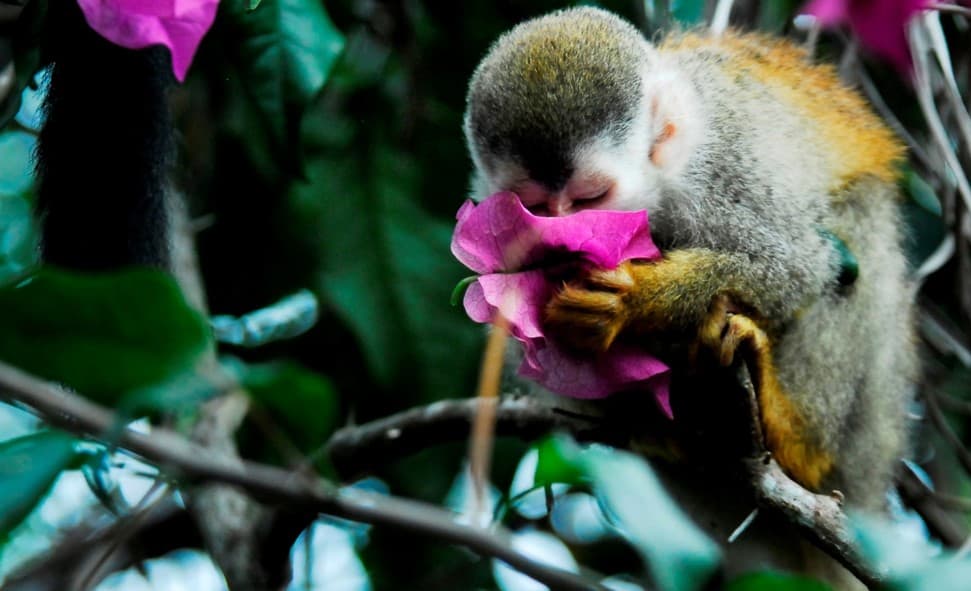The rise of digital platforms has facilitated commerce but has also fueled illicit activities, including illegal wildlife trade. In the case of Costa Rica, these platforms have been used for illegal wildlife trade. Luis Diego Hernández, coordinating prosecutor of the Environmental Prosecutor’s Office, pointed out that this is a significant challenge for the authorities.
“Costa Rica has become a species bank due to the country’s decades of conservation. We have detected markets in at least 17 countries, including Germany, the Czech Republic, Spain, Russia, the United States, and Canada,” he said.
According to Hernández, various seized shipments have included items ranging from miniature orchids, amphibians, glass frogs, and morpho butterflies to shark fins and more emblematic species, such as the coffee finch, endemic to El Guarco de Cartago, and marmosets.
Costa Rica’s biodiversity attracts many buyers, and the country has been affected by the growing demand for wildlife in international markets, particularly in Asia, where many species are used as aphrodisiacs or pets.
One of the most concerning aspects of this trade is its close connection to drug trafficking. These illicit activities not only share routes but also exploit the low criminal penalties for wildlife trafficking.
The effects of this illegal trade are devastating for both species and ecosystems. Hernández recounted the case of a seizure in which 17 marmosets from Panama were confiscated.
“They arrived dehydrated, and some had ulcers. Many died because they were transported in unsuitable boxes. This illegal market not only harms fauna but also weakens the legal trade of species by encouraging the abuse of natural resources,” added Hernández.
As wildlife trafficking grows, criminal networks have become more sophisticated, adapting their methods to evade detection. They now use professionals such as programmers and hackers to ensure anonymity in transactions.
“These organizations have a wide reach, and almost anyone can find the animal they want on the dark web. Many of these operations use cryptocurrencies as a form of payment, which facilitates money laundering and makes it difficult to trace the perpetrators,” the prosecutor explained.
There are also local cases in which different species are sold on the national market. For example, in early September, authorities found one of Costa Rica’s most venomous snakes, the black-headed bushmaster (Lachesis melanocephala), in captivity and for sale at a house in Osa, Puntarenas, for $100.
According to authorities, the Judicial Investigation Organization (OIJ) conducts constant cyber patrols on social networks to detect possible offenders. These cases highlight the urgent need for stricter regulations and enforcement to protect Costa Rica’s rich biodiversity from the growing threat of illegal trade.






